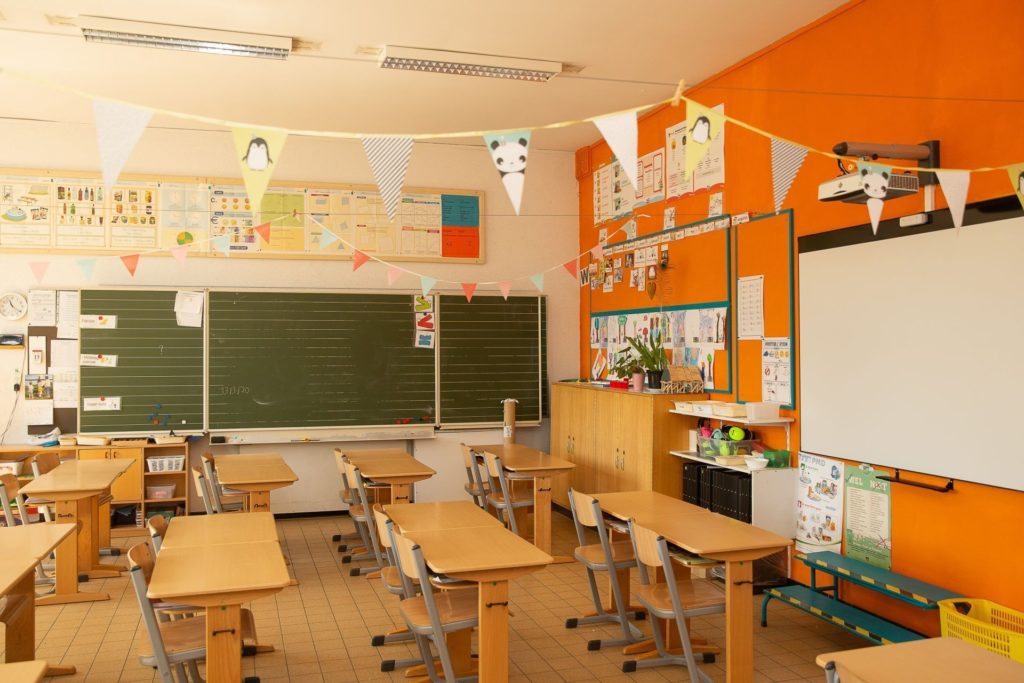In about a week, a new wave of infections and subsequent quarantines will hit young children now that the school year has restarted properly, fears Roel Van Giel, chair of the Flemish association of GPs, Domus Medica.
Van Giel fears a new quarantine wave in Belgian schools, specifically among the 700,000 pre-school and primary school children up to 12 years old.
"They have not been vaccinated because there are no studies yet that can guarantee that the vaccine is safe for that age group," he told De Standaard. "They rarely get severely ill from the virus, but they can, of course, pass it on."
While the rules for quarantining a class group have been relaxed a little, it will not make much difference in practice, Van Giel explained.
"From now on, a class will only have to quarantine after a number of children turn out to be infected, instead of immediately after the first pupil," he said. "But you can assume that if one child is a carrier of the delta variant, more will be infected too."
According to Van Giel, the youngest children are at risk of "having to pay the price for the freedom of adults," even though they are the only ones who did not yet have the chance to be vaccinated.
Related News
- 'Inform first, vaccinate later': Brussels falls short of vaccination target
- Brussels schools 'informally ask' about vaccination among pupils
- New wave of infections to hit Belgium in autumn, says Van Gucht
"If a fourth wave were to sweep over us, these children would be in danger of missing out on their social biotope for the third school year in a row," he said.
Children will miss their friends and the interaction with peers in class and during breaks, but also the structure that school brings with it, "and we know how important automatisation processes are at that age: learning to do maths, writing, reading," Van Giel said. "Quarantines put a brake on that."
He deplored the fact that society has seen the negative impact of the pandemic on the mental health of children and adolescents, but "will let it happen again so that adults can keep their freedoms."
While Van Giel acknowledged that there is a testing policy in place to make sure that children are not needlessly quarantined, getting your nose swabbed is "a very unpleasant experience, even for adults," he said, adding that the effect of regular PCR tests on children should not be underestimated.
"How often do you want to test a child like that? Because the rule is: with one or two symptoms - that can be an ordinary runny nose and some fatigue - you have to test them," Van Giel said. "You would not wish that on anyone, least of all children."
More restrictions among adults are not immediately needed, but the debates about lifting the face mask obligation that are now being held are very premature, he emphasised.
"Do not forget the consequences of an increasing number of infections," Van Giel stressed. "If we go to events by the tens of thousands, it seems logical to me that, over time, something like this will have an effect on the size of the fourth wave."
From there, it is only a small step to more and stricter quarantines for children, he believes. "And so, in the end, they will pay the price."

